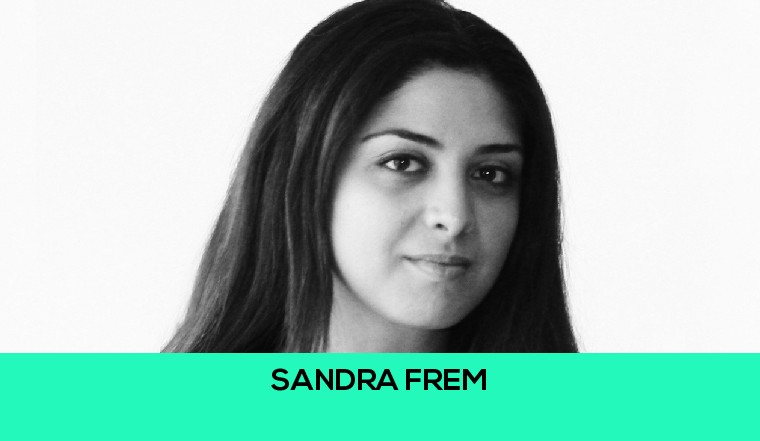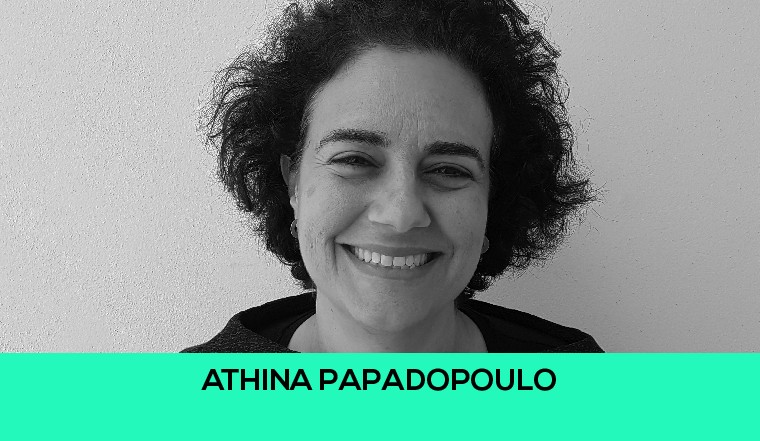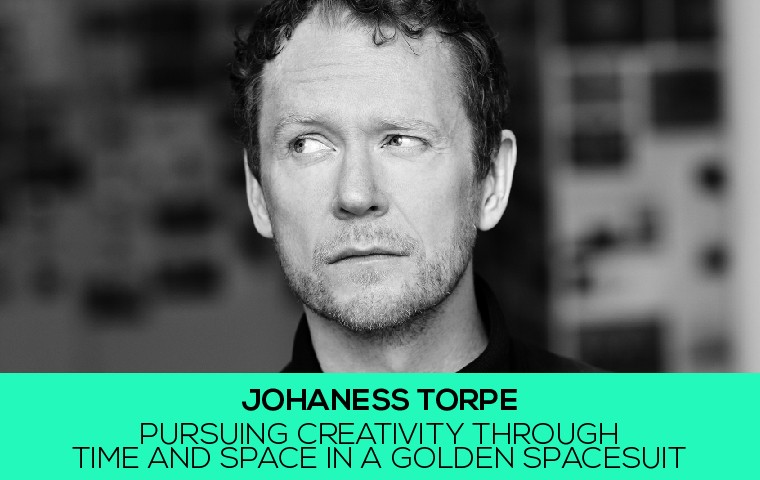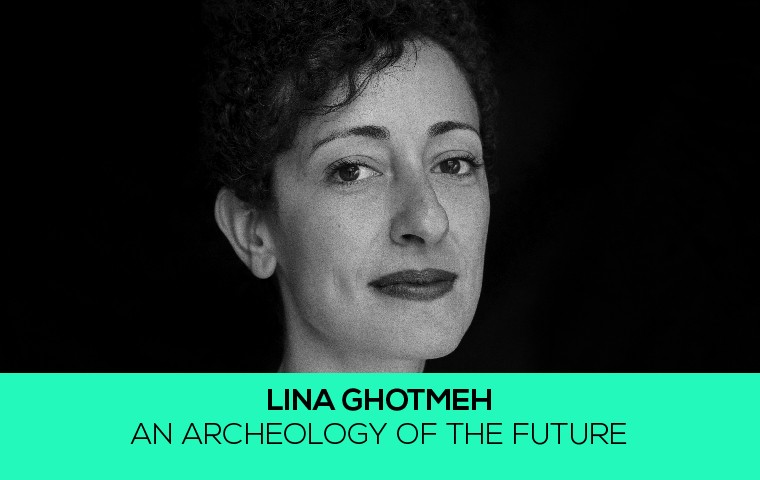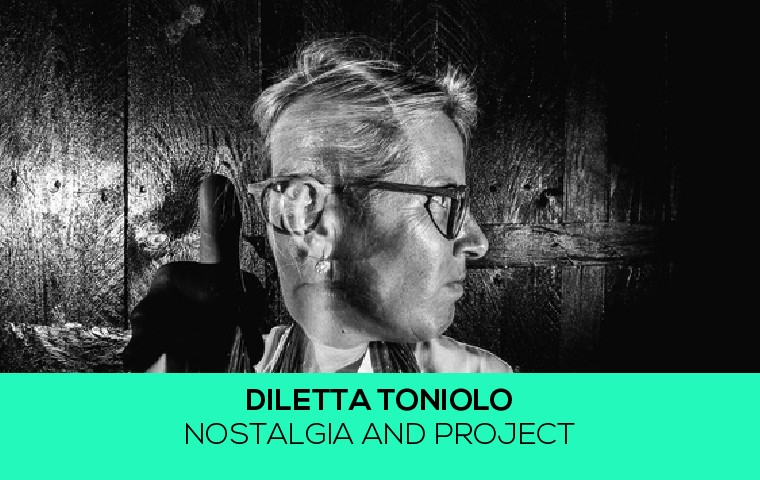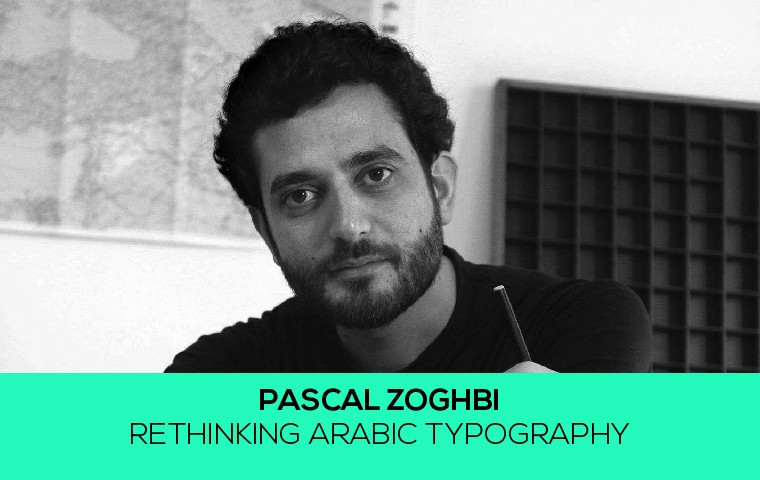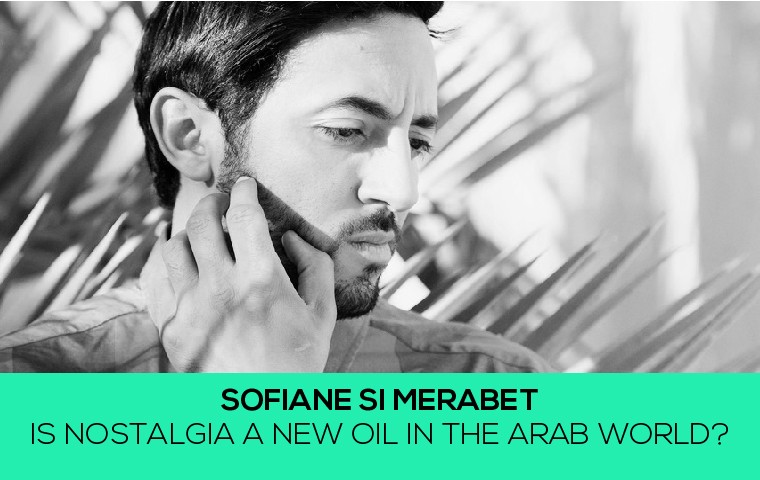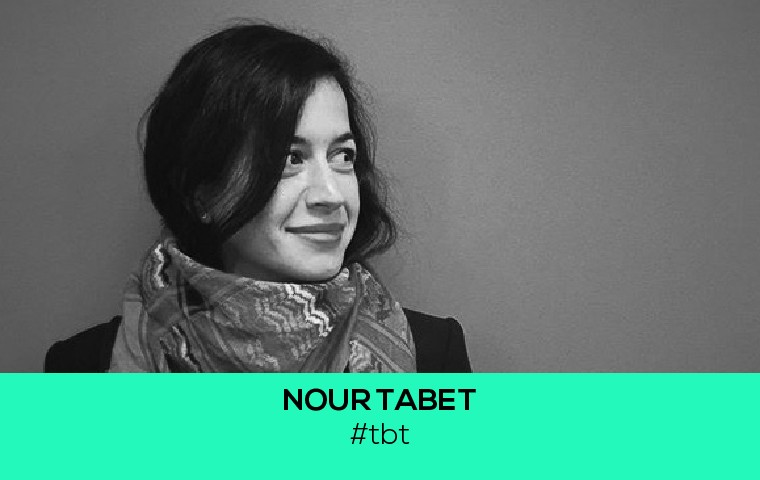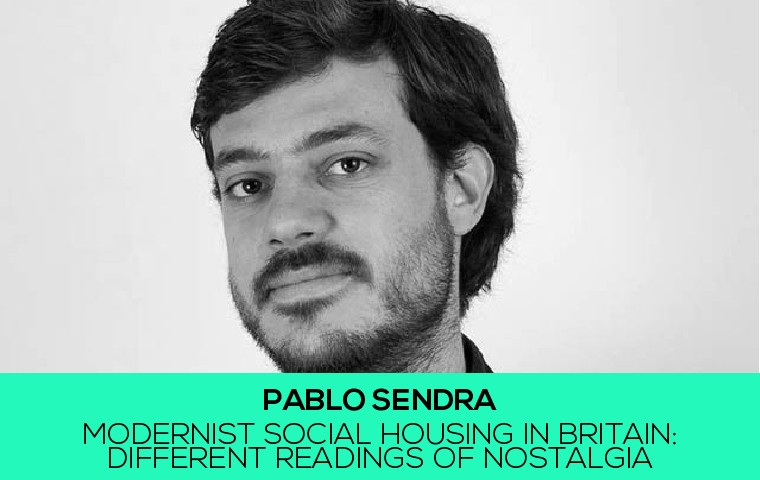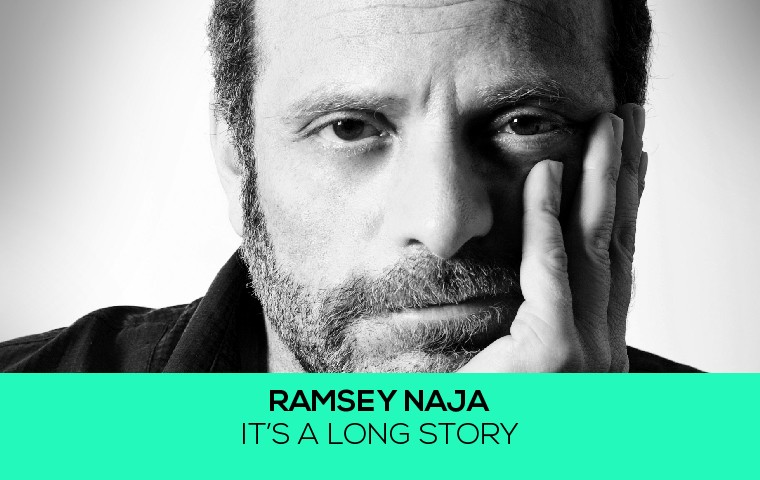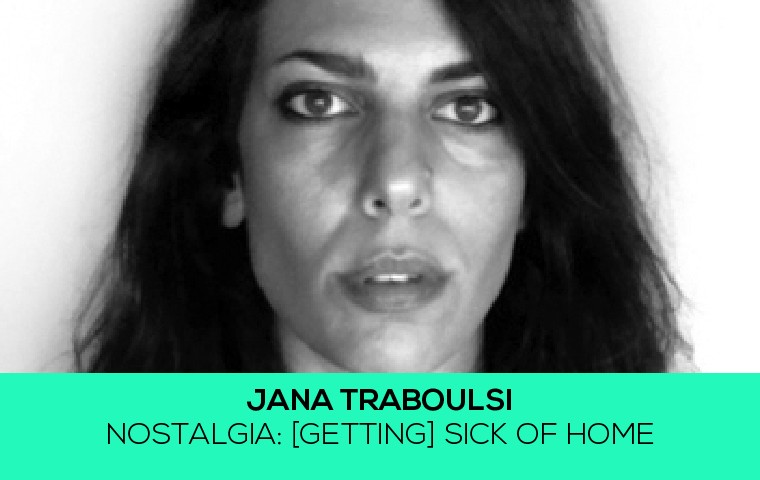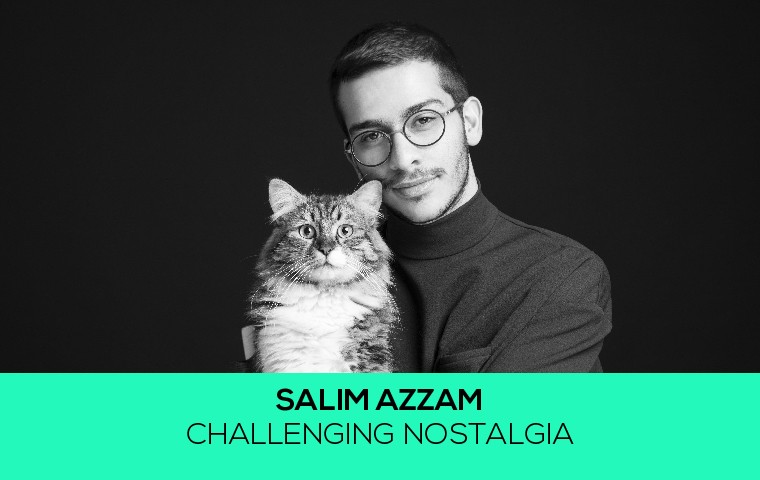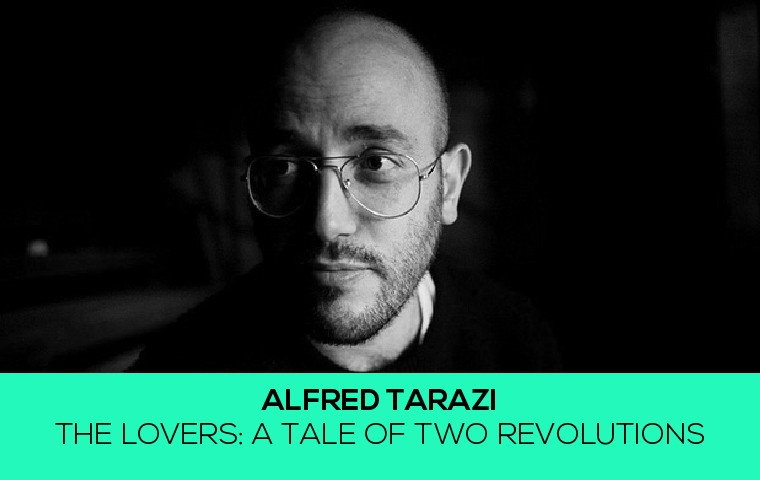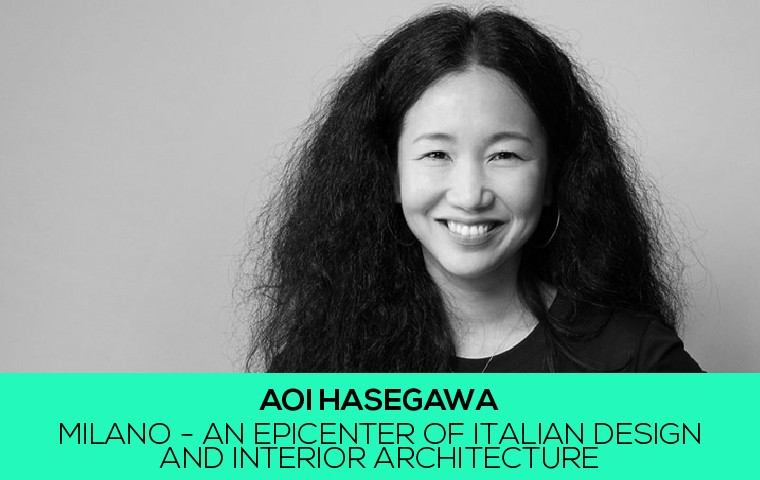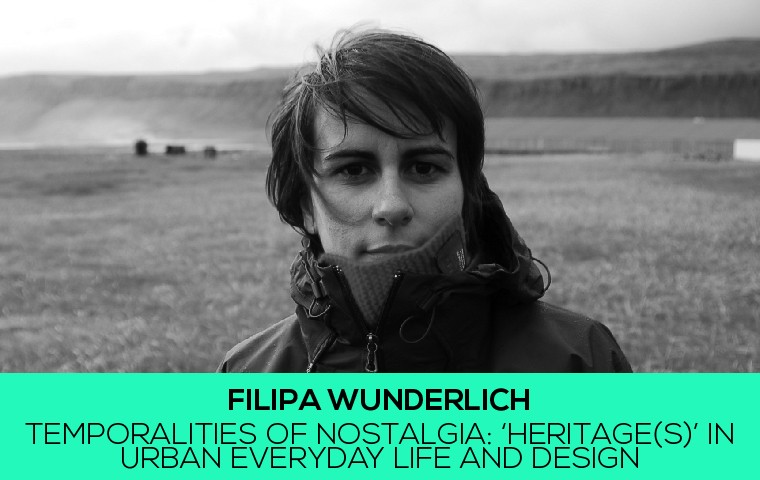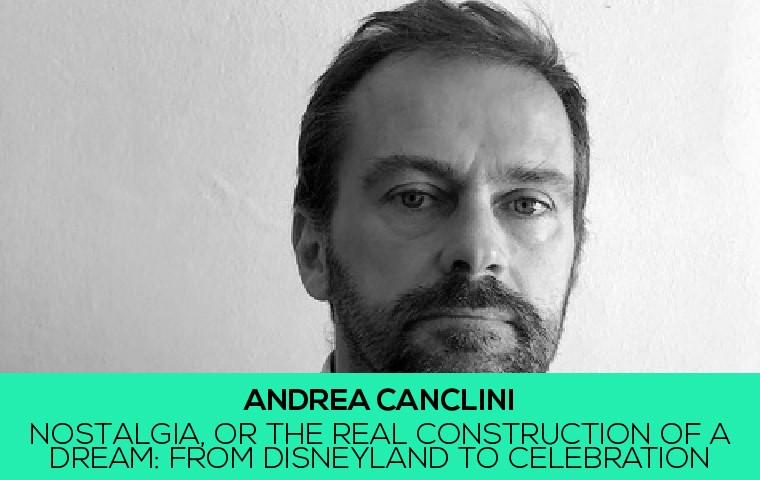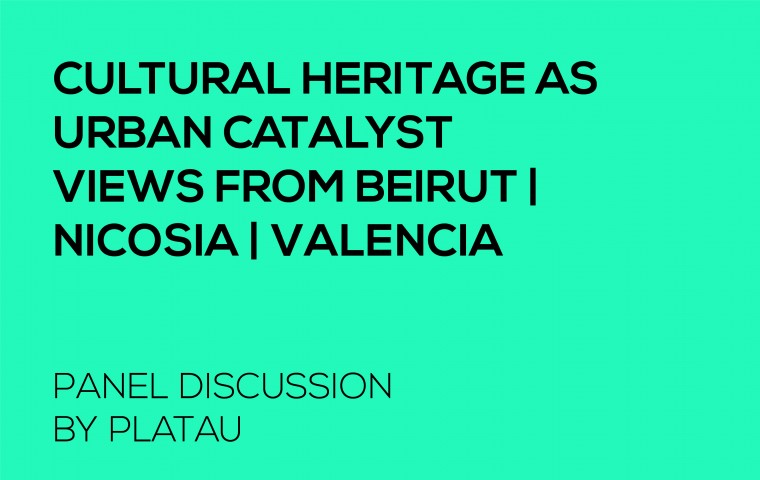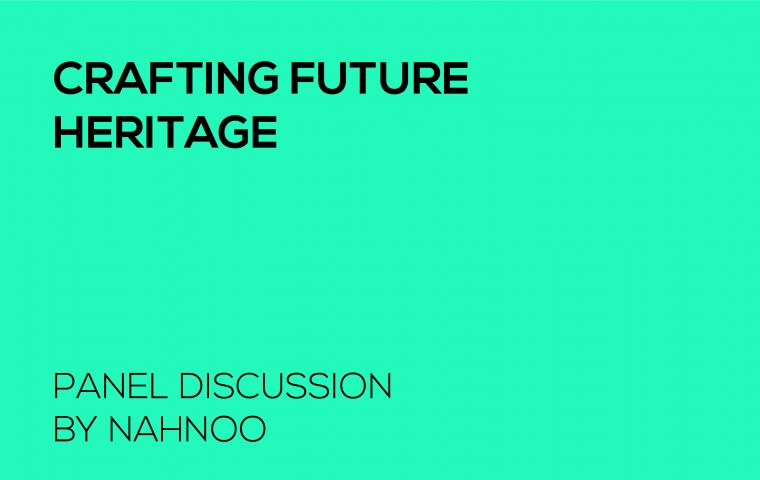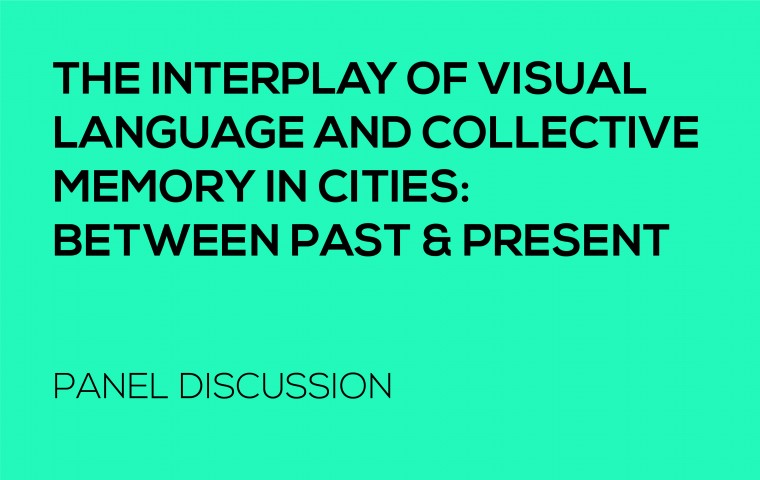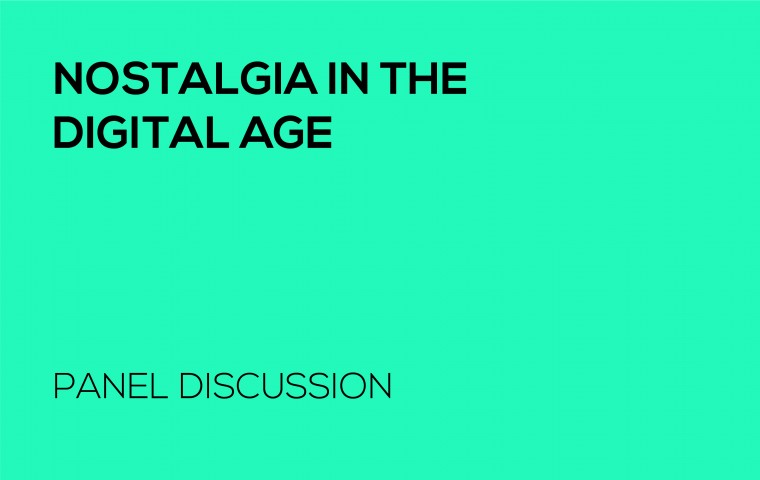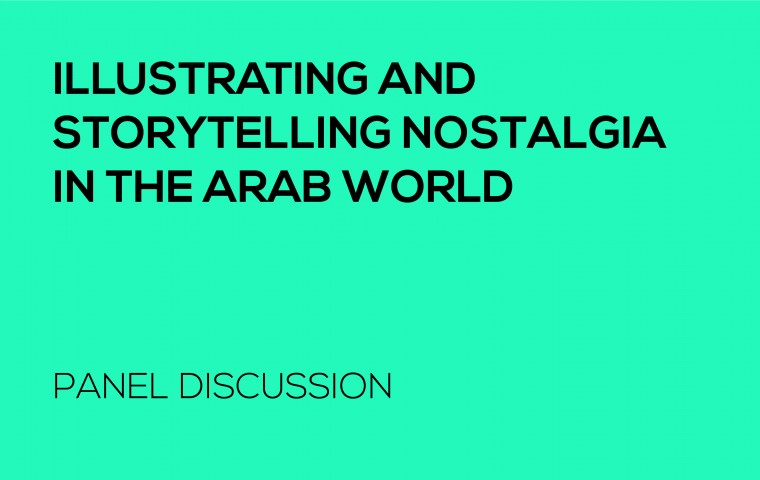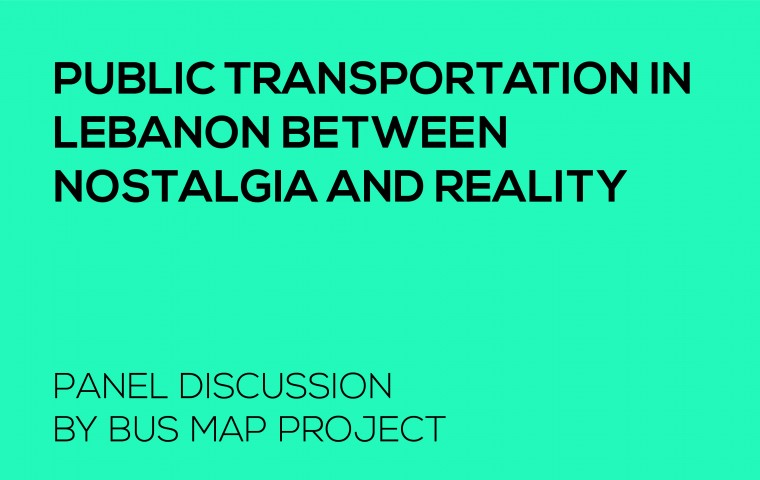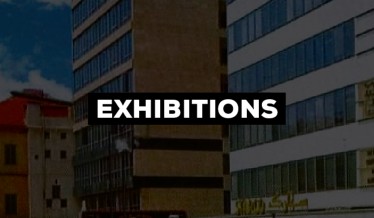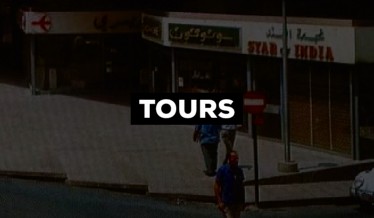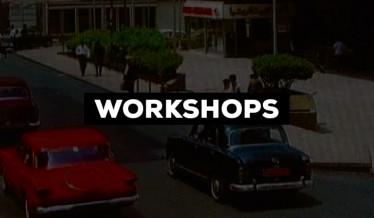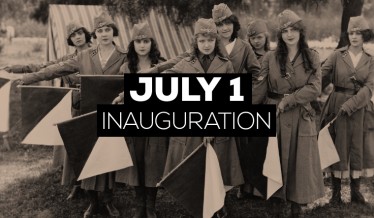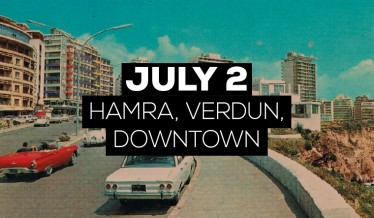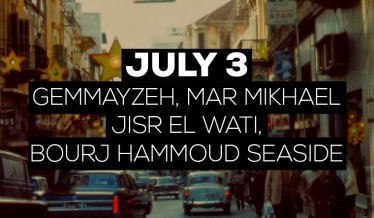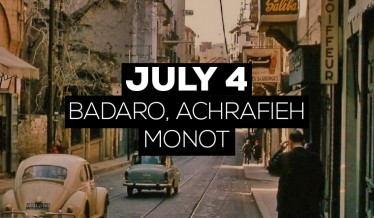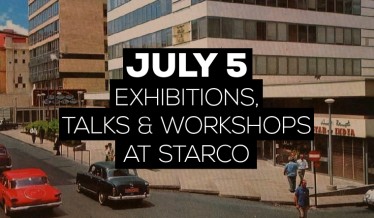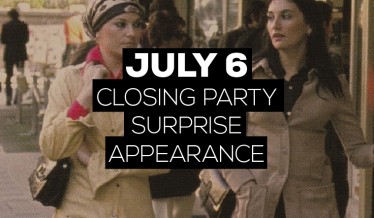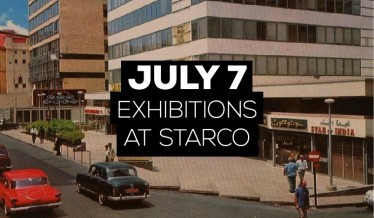CULTURAL HERITAGE AS URBAN CATALYST VIEWS FROM BEIRUT | NICOSIA | VALENCIA
PANEL DISCUSSION BY PLATAU
SATURDAY, JULY 6, 2019
11:00 AM - 1:00 PM
AT STARCO
Under the joint themes of Beirut Design Week 2019 | Design and Nostalgia and Seoul Biennale 2019 | the Collective City, this workshop investigates the role of cultural heritage as a catalyst for the urban regeneration of historic districts and the creation of new collective realms.
Cultural Heritage makes a key contribution to the development of cities. It has often been the breeding milieu for creative uses, which in turn, bring new audiences into their neighborhoods, multiply their value and ultimately, increase the cultural and economic offer.
Untapped historic districts in cities around the globe have often been magnets for creative economies, due to their combined potentials of cheap rent, proximity to the center, and cultural heritage assets. However, in the context of South Mediterranean cities, many such areas are in a vulnerable position due to the lack of protection and policies that activate them in a proper manner. Yet in such heritage-sensitive contexts, creative entrepreneurship could provide the opportunity for positive preservation through adaptive reuse, community engagement, and neighborhood upgrading processes.
When they become part of a city-wide development strategy, such entrepreneurial practices not only become a tool for a value-driven urban renewal but also result with “creative spillovers” that contribute to the emergence to innovative forms of collectivity; from communal uses of space/resources/services, to the rise of a new civic economy that contribute to a shared prosperity... However, when left without regulations and incentives, such processes pair with displacement mechanisms and become a motor for gentrification, social inequalities and marginalization for resident communities.
The panel brings together three cities to reflect on the connection of cultural heritage, the creative economy and urban development, through a comparative outlook of the revitalization of three historic neighborhoods: Mar Mikhael in Beirut, the Walled City in Nicosia and the Cabañal district in Valencia.
The panel will look at their respective development catalysts and processes, in order to trace parallels between:
1- The historical development each neighborhood has followed, its challenges and the specific conditions that influence its development (political, economic, social, cultural, physical, infrastructure, urban facilities)
2- The role of cultural heritage as a catalyst for urban revitalization, the re-appropriation process of historic assets; and the employed strategies/instruments.
3- The incurring urban change, shifts in public regulations and private practices, And finally
4- The resultant collectives and their different manifestations in each neighborhood.
In conclusion, the panel will draw on the three neighborhoods’ shared conditions to discuss transferrable lessons for urban revitalization in vulnerable historic districts; as well as the conditions that enable the creative economy in Beirut to become a positive tool for heritage preservation, urban regeneration and the reinvention of new collectives in the city.
PANEL PROGRAM
10.00: Introduction | Creative Collectives | platau
10:10 Introduction of the three case-studies: Mar Mikhael, Nicosia, Valencia | Moderator: Mr. Roni Araygi
10.15: Nicosia Walled City Bi-Communal Master Plan | Mrs. Athina Papadopoulou
The walled city of Nicosia has been divided during the war in two sections separated by a « green-line » that is still there, bringing the city to decay. As a response, the Municipality of the walled city has embarked in a long-term investment program- The Bi-communal Master Plan -to rehabilitate and regenerate it. The plan has introduced creative industries (arts, infographics, design, crafts) in dedicated parts, restored several commercial quarters and equipped them to accommodate creative industries, and rehabilitated other parts for housing purposes.
10.40: Special Protection Plan for the Cavanal | Ms. Eva Raga and Fran Azorin
Starting as a fishermen housing neighborhood, The Cavanal district in Valencia has a specific urban pattern of elongated plots separated by narrow streets and all facing East with its narrow sides. After evolving into a low- income residential district, its urban regeneration started in the late 20th century, when well-to-do youth, artists, architects and the like have begun living and buying space there.
This is now reviving the district without destroying its pattern or character; due to the urban regulations and the resilience of its inhabitants. This case study will be presented by team members of EDUSI of the neighborhood and collaborators of the Special Protection Plan for the district.
11.05: Urban Regeneration in Mar Mikhael, Beirut | Georges Zouein and Nizar Hariri
Mar Mikhael, is a neighborhood on the Northeastern border of Beirut. It has met several urban transformations that continue to affect it, from the arrival of Armenian refugees in 1922, to the rural to urban displacements in the 1930s and the wave of immigration in response to conflicts during civil war, which shaped its working-class population and small businesses economy. The population of origin of the neighborhood is now mainly composed of elderly long- time residents, with 50% of the population being over 55 years old. Since 2008, the neighborhood underwent a new cycle of change due to the arrival of creative youths who settled there because of cheap prices and available spaces at low rent. Real estate investments followed, with bars, restaurants, and other recreational activities. The presentation will address the lack of appropriate urban regulations that enable a continued presence and growth of the creative cluster in Mar Mikhael while protecting the right to the city and its services to the local residents.
11.30: Summary of salient ideas by Mr. Roni Araigy
Reflecting on the three different urban dynamics of community-led urban change with the presence of regulations and strong social structure (Valencia), municipality-led urban change (Nicosia), and market-led urban change (Mar Mikhael).
11.40 Discussion on Transferrable Lessons
PEOPLE
Beirut Design Week | panel curator
Ms. Sandra Frem (platau) | panel co-organizer
Mr. Georges Zouein (Gaia Heritage) | panel co-organizer, presenter Mar Mikhael Case Study
Mr. Nizar Hariri (OURSE) | workshop co-organizer, presenter, Mar Mikhael Case Study
Mrs. Athina Papadopoulou (Nicosia Municipality) | presenter, Nicosia Case Study
Ms. Eva Raga (EDUSI) | presenter, Valencia Case Study
PANELISTS:
SANDRA FREM
is architect, urbanist and the co-founder of platau. She received a Master of Science in Architectural Studies from the Massachusetts Institute of Technology in 2009, where she was the recipient of the SMArchS award and a DES in Architecture from the Lebanese University in 2004. Between 2009 and 2018, Sandra collaborated with Hashim Sarkis Studios on key projects. Beyond practice, Frem contributes to the architectural discourse through academic commitments as well as writings and participation in conferences and symposia. She has lectured sequentially at the Lebanese American University (2009 until 2013), American University of Beirut Landscape Program (2016-2017), Architecture Program (2018) and most recently, Urban Design Program ( 2019).
GEORGES S. ZOUAIN
Georges S. Zouain holds a Ph. D. in Development Economics and a postgraduate degree in non-linear programming and human resources, both from Paris. Georges joined UNESCO in 1975, and left in December 2001 after having been director in the Sector of Culture and Deputy Director of the World Heritage Centre. Prior to the World Heritage Centre, he worked on education projects in developing countries and created the Emergency Operations Unit of UNESCO within the Office of the Director General. Between 1980 and 1985, he returned to Lebanon where he joined the Université Saint-Joseph Rectorate as Secretary General. After his return to UNESCO, Georges initiated the creation of the Lebanese Heritage Foundation that funded and coordinated the restoration of the National Museum of Lebanon. After leaving UNESCO in December 2001, he became visiting fellow at the Harvard Graduate School of Design and in 2002 created his practice, GAIA-heritage (sal), specialized in cultural management and economics. He is a member of several professional organizations: the Association of Cultural Economics International (ACEI), ICOMOS and ICOM. He sits on the Editorial Board of the Journal of Cultural Heritage of the Italian CNR. He has published several articles and studies on cultural heritage economics, culture in development and on the role of culture in urban regeneration. His present field of research is in the field of ethics and the common good applied to cultural heritage. Some of these publications and conferences can be found in the download area of GAIA-heritage website: www.gaiaheritage.com
ATHINA PAPADOPOULO
Athina Papadopoulou is Senior Architect / Planning Officer at Nicosia Municipality. She has a Master’s Degree in Architectural Conservation from the University of York. During 1989-1999 she has practiced in the private sector, in Athens and Nicosia. Since 1999 until today she has been working for Nicosia Municipality at the bi-communal Nicosia Master Plan office. During this period she has worked on projects, in a team comprising Greek Cypriots and Turkish Cypriots, ranging from several projects regarding new architecture as well as conservation work on monuments and other historic buildings. She has also been part of the team to propose new projects regarding the regeneration of the walled city of Nicosia, future planning and development of Nicosia. Since 2010 she is head of the Greek Cypriot team of the bi-communal Nicosia Master Plan (NMP) office. She directs the NMP office and the majority of Nicosia Municipality development projects (over €100M). Projects include bi-communal projects and co-funded projects under the Structural Funds of the European Union such as urban redesign and infrastructure upgrading in the historic center of Nicosia and sections of the new town. Athina was leader architect for the project ‘’The Restoration of the Omeriye Ottoman Baths, Nicosia Cyprus’’ which was awarded First Prize in the category ‘’Conservation of Architectural Heritage’’ of the European Union Cultural Heritage Prize / Europa Nostra Awards 2005. As member of the Nicosia Master Plan team she was awarded in 2007 the Aga Khan Award for Architecture, 10th Cycle – Awarded to the Bi-communal Nicosia Master Plan. She has served on Executive Committees of several professional associations and held the position of President of ICOMOS Cyprus Section from 2006 to 2015. Since 2008 she is a Member of the bi-communal Technical Committee on Cultural Heritage (TCCH). The TCCH comprises of Greek Cypriots and Turkish Cypriots and through an agreed mechanism has implemented over 40 restoration projects all over Cyprus with funding predominantly from the European Union and local funds (total over €20M).
NIZAR HARIRI
Nizar Hariri is currently and Assistant Professor at the Faculty of Economics at the Saint-Joseph University in Beirut, Lebanon. He teaches courses specializing in “Labor Economics” and “Economic Sociology”. He is an elected member of the Faculty board since 2014, and a member of the Ethical comity (IRB) of the University since 2016. He conducted several training projects (with the Institute of Finance - Lebanese Ministry of Finance and in collaboration with the World Bank). His research topics are oriented towards Heritage, Cultural Economics and urban economics (partook in the Creative Economy Report 2013 (UNESCO, UNDP, MEDCULTURE, MEDNETA). His research interests are also related to labor market and employability. Between 2013 and 2016, he was the national coordinator for the European project TEMPUS PACOME, that launched an observatory for the Labor Market in Lebanon. I am currently the director of the Observatoire de la Réalité Socio-Economique at USJ. Finally, in 2018, he was officially designated as an Expert and Consultant for the Lebanese Ministry of Economy and Commerce.
FREE ENTRANCE

